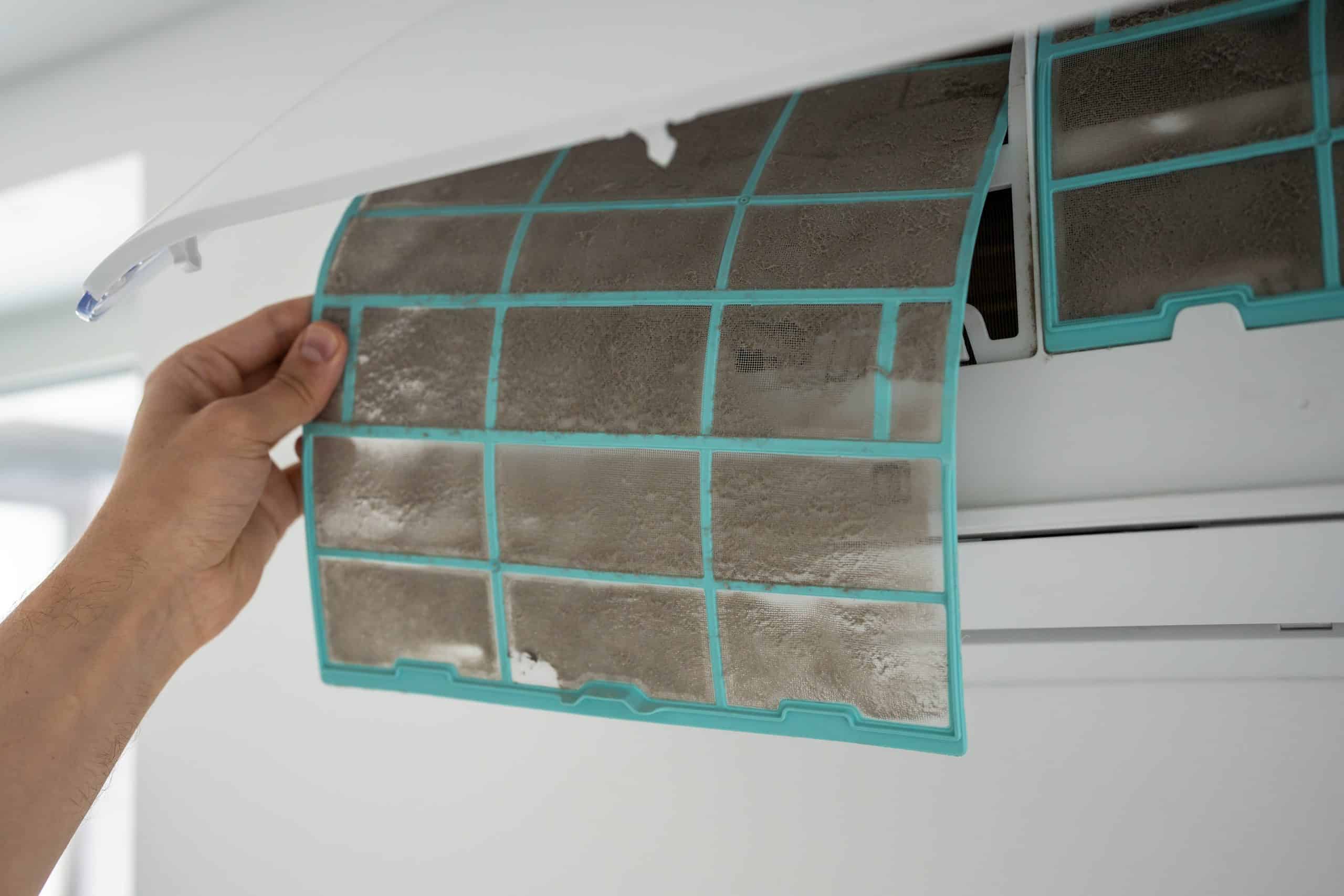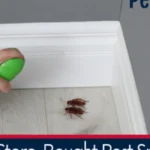There’s nothing quite like the relief of walking into a cool home on a hot Sydney day, only to realise your air conditioner has shut off, again. If your air conditioner keeps turning off unexpectedly, it’s more than just an inconvenience. Frequent shutdowns not only compromise your comfort but also indicate that something may be wrong with the system. Worse still, allowing the issue to persist could lead to further damage, reduced efficiency, and higher repair costs. Whether you’re dealing with a minor maintenance issue or a deeper electrical fault, knowing what to look for can save you both time and money.
Why Does My Air Conditioner Keep Turning Off?
When your air conditioner is switching on and off more often than usual, it is probably suffering from a kind of problem referred to as “short cycling”. This happens when the system shuts down before the full cooling cycle is achieved. Short cycling may cause a significant shortening of your air conditioner’s lifespan, increase your energy use, and cause imbalanced temperatures throughout your house. Such symptoms are frequently associated with certain mechanical or electrical malfunctions, inadequate installation, or certain wear and tear. Although there are causes of short cycling that are easy to fix, others need service and professional diagnosis. The first step towards solving the problems is to know about them. If you experience this issue, contacting a specialist for AC Repair can help restore your system’s performance and prevent further damage.
Thermostat Issues
The failure or wrong positioning of a thermostat is among the least considered causes of an air conditioner to turn off without prior notice. When the thermostat is in a warm space, like close to a window that receives direct afternoon sunlight, the thermostat can tell the temperature of the room to be high when this is not the case. This triggers the cooling of the system, which is not necessary and switches off after the thermostat senses that the desired temperature has been achieved. Also, an elderly thermostat or a malfunctioning sensor can provide wrong signals to the air conditioner, which can make it operate inappropriately. When your AC is switching on and off, it is better to check the location of the thermostat, the battery, and the display. In most situations, the solution is just to change the location or replace the thermostat. In case the thermostat is defective, it is recommended to replace it with a smart or programmable one to have better efficiency and control.
Dirty Air Filter
A clogged or dirty air filter is one of the most basic but the most common causes of air conditioner issues. A blocked filter restricts the amount of air flowing through the filter, that your air conditioner will be forced to work harder to push the cool air down the ducts. This extra load can also cause the unit to be overheated and even shut down in the long term as a precaution. Dirty filters also create warm air, insufficient interior air quality, and costlier energy costs. You are advised to examine your air filter, and it is better to do it regularly. The majority of manufacturers insist on changing the filter once in 1 to 3 months, particularly when used intensively, such as during the summer. Consistently changing or washing the filter will not only stop short cycling, but also increase your unit’s life.
Low Refrigerant Levels
Refrigerant is the material that enables your air conditioner to absorb the heat indoors and lose it outdoors. A decrease in the concentration of refrigerants in a case of leakage or improper installation will result in inefficiency in the cooling process. This tends to freeze the evaporator coil, thereby causing the system to malfunction and shut down early. Symptoms of low refrigerant concentration are less cooling, extensive run-off, hissing sounds of the apparatus, and the presence of ice on the external coil. When you suspect that there is a leakage of refrigerant, you need to call professional help. In Australia, refrigerant handling is licensed and unsatisfactory servicing may result in environmental harm or health risks. An experienced electrician near me can check and fix all the leaks and then correctly refill the system.
Frozen Evaporator Coils
The task of evaporator coils is to absorb heat inside the building. When such coils freeze, the air conditioner will be unable to conduct its cooling operation efficiently, which can lead to the unit turning off in order to avoid any further harm. Limited airflow (e.g. dirty filter) or low content of refrigerant can frequently lead to frozen coils. In case of coils freezing, you may experience weak airflow, warm air in vents or frost that can be seen around the indoor unit. The initial step is to switch off the system and let the ice melt. After defrosting, inspect the air filter and ensure that there is nothing blocking the vents. In case the problem has continued, then a professional inspection is required to check the cause of the problem.
Electrical Problems or Loose Wiring
Air conditioning machines use sophisticated electrical networks in order to work. Loose wires, damaged insulation, or corroded connections may cause interference to the delivery of power to other important parts, such as compressor or fan motors. In other instances, these problems may make your system trip the circuit breaker or cut off without notifying you. You might also experience sporadic power outages, flickering screens or a smell of burning wire. The case of electrical faults is a major safety issue that should be attended to by a licensed electrician in Sydney. They are able to detect and correct the wiring issues before they cause equipment breakdown or electrical fire.
Faulty Run Capacitor
A run capacitor is a small, yet necessary device that aids in the start-up and sustained operation of the AC compressor and fan motors. In case of a damaged or faulty capacitor, your air conditioner might turn on and off briefly. You might also hear a clicking noise, which is a unit that is having difficulties in operation. The replacement of a capacitor is not DIY work. It deals with high-voltage parts and should only be performed by a qualified technician. When neglected, an incorrect capacitor will destroy the compressor or other vital components of your air conditioning system and cause costly maintenance.
Oversized Air Conditioner
Although it may be tempting to believe that a larger air conditioner will be able to cool down your house more effectively and quickly, an oversized air conditioner may turn out to be problematic. These systems cool the space very fast, causing the thermostat to turn off the system before it can undergo proper cooling processes. This causes fluctuating temperatures, humidity and short cycling. When your AC unit constantly turns off after minutes of use and your house is misty or stuffy, then maybe it is bigger than your room needs. An expert HVAC evaluation can help as to whether your system is the right size to suit your home.
Blocked Condenser Unit
An outdoor condenser unit is significant in removing heat from your home. Once it has been blocked by dirt, leaves or debris in the garden, it is unable to cool heat, so it overheats and switches off. There are instances where pets, birds or insects can cause damage or even nest around the unit. Maintenance of the area surrounding your condenser should be kept clean and clear in order to avoid shutdowns. It is advisable to maintain a minimum clearance of one metre on each side and carry out seasonal servicing, particularly at the onset of summer.
Faulty Control Board
The control board is the brain of your air conditioning system. It synchronises the signals amongst the thermostat, compressor, fans and others. Failure by the board to work properly can result in abnormal behaviour, such as the unexpected shutdown of the AC. Older systems or systems that have been subjected to electrical surges are likely to have faulty control boards. This is another aspect where a technician should be invited because the diagnosis of this problem usually involves professional tools and expertise.
When Should You Call a Professional?
Although certain problems, like a dirty filter or a clogged condenser, can be solved by simple maintenance, some of them need the services of a licensed expert. When you have already tried the troubleshooting procedure and your aircon is still turning off without warning, it is time to have it fixed. Refrigerant leakage, capacitor replacement, wiring, and other complicated problems can be safely addressed by a qualified electrician in Sydney. Early intervention would help avoid additional harm and save on expenses in the long term.
Preventative Maintenance Tips
Routine maintenance is the best way to prevent your air conditioner from shutting off randomly. Here are a few practical tips:
- Clean or replace air filters every 1–3 months.
- Keep indoor and outdoor units free from dust and debris.
- Schedule an annual professional inspection.
- Ensure vents and registers are not blocked.
- Listen for odd noises or unusual smells.
By staying proactive, you can extend the lifespan of your AC system and ensure consistent comfort in your home.
Conclusion
If your air conditioner keeps shutting off unexpectedly, don’t ignore the signs. From dirty filters and faulty thermostats to refrigerant issues and electrical faults, a wide range of problems can affect your system’s performance. Identifying the issue early not only protects your comfort but also helps you avoid expensive repairs.
Whether it’s basic maintenance or a complex electrical issue, a qualified electrician in Sydney with experience in aircon repair can get your system back in working order. Don’t wait for a complete breakdown; take action now and enjoy uninterrupted comfort all year round.
Frequently Asked Questions
1. Why does my air conditioner shut off after just a few minutes?
This is typically a symptom of short cycling. Common causes include a dirty filter, low refrigerant, or thermostat issues. It may also indicate that the AC is oversized for the space. It’s best to have a technician inspect the unit to pinpoint the problem.
2. Can a power surge damage my air conditioner?
Yes, a power surge can harm internal components like the capacitor, control board, or even the compressor. If your system shuts off after a lightning storm or sudden outage, contact an electrician to assess potential damage.
3. Is it dangerous if my aircon keeps turning off?
Frequent shutdowns not only reduce efficiency but can also lead to overheating and electrical faults. While not immediately hazardous, it can escalate into a more serious issue. Timely repairs can prevent further complications.
4. How do I know if my thermostat is causing the issue?
If your thermostat display is unresponsive, shows incorrect temperatures, or causes erratic cycling, it could be the root of the problem. Try replacing the batteries and checking the placement. If issues persist, consider upgrading to a newer model.
5. How often should I have my air conditioner serviced?
Experts recommend having your system professionally serviced once a year, ideally before summer begins. Regular inspections help detect small problems early and ensure your unit runs efficiently all season long.



